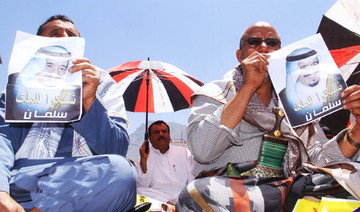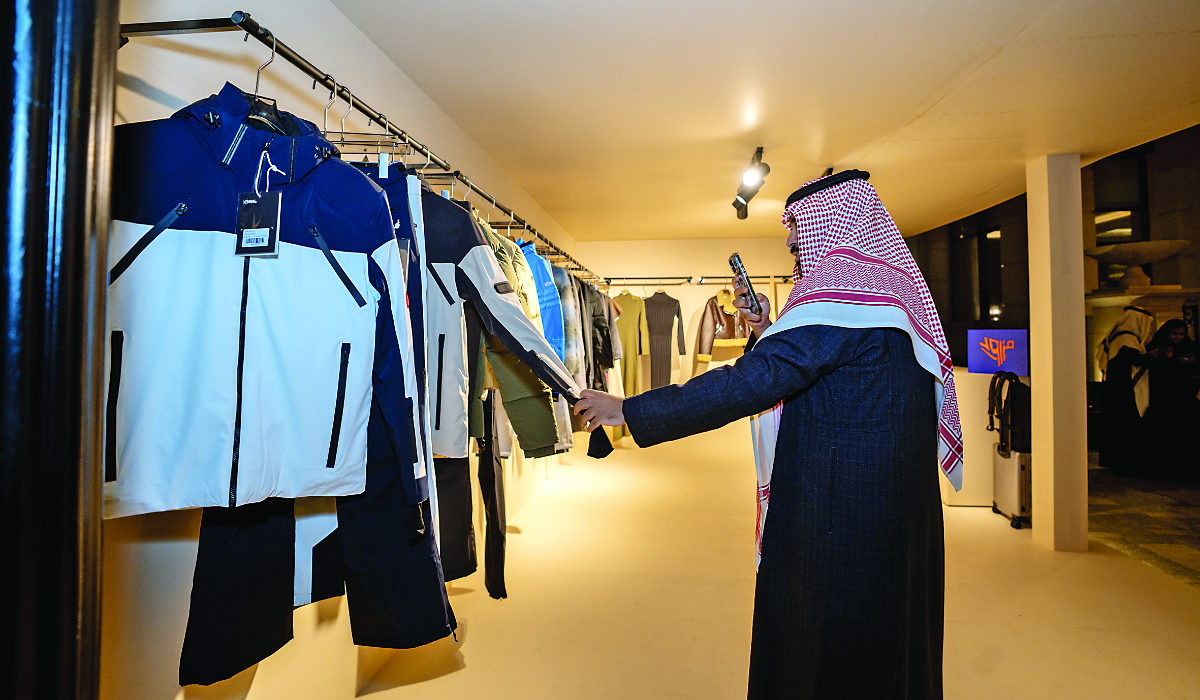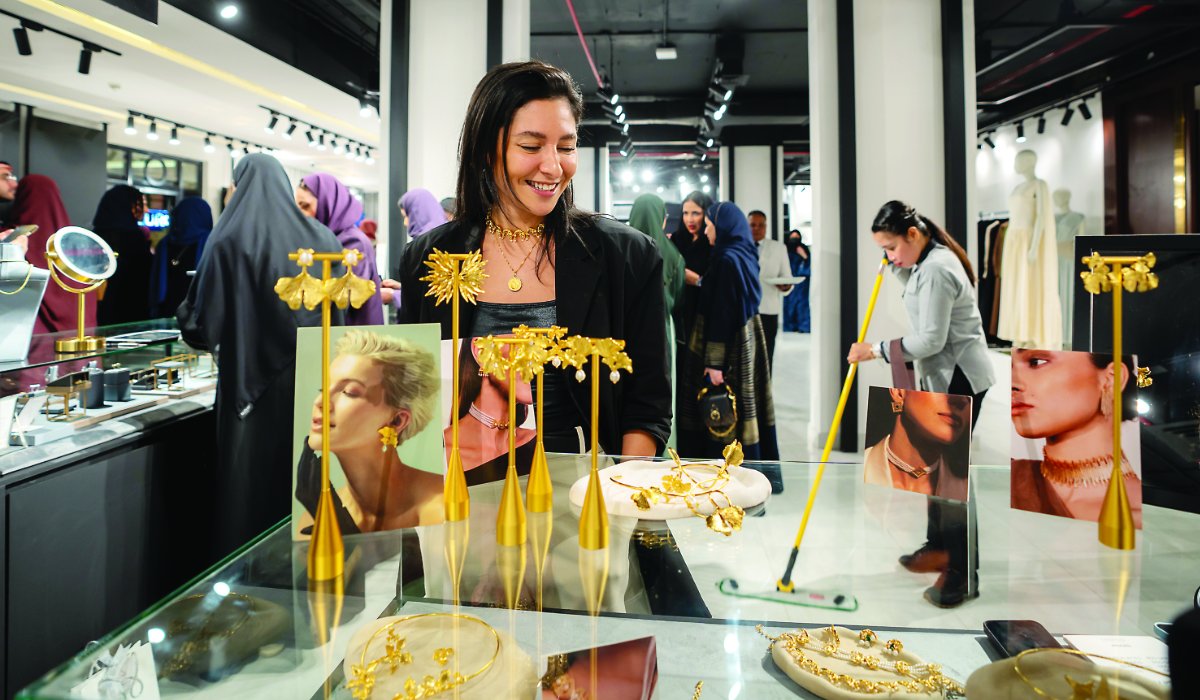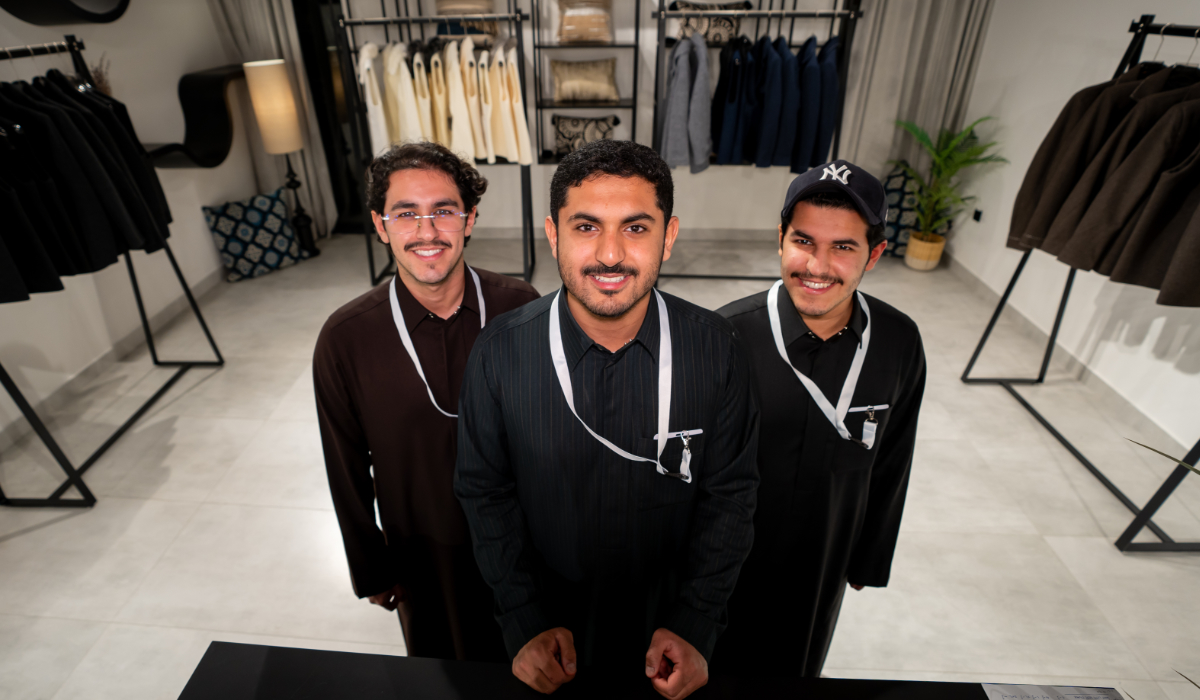RIYADH: The humanitarian situation and UN relief operations in Yemen were discussed in detail during a meeting held at King Salman Humanitarian Aid and Relief Center (KSRelief) on Monday. During the meeting it was agreed that much progress has been made, but there is still much to be do in Yemen.
The meeting was was attended by Mark Lowcock, UN under-secretary-general for humanitarian affairs and emergency relief coordinator; Mohammed Al-Jabir, Saudi Arabia’s Ambassador to Yemen and executive director of the Yemen comprehensive humanitarian operations; Dr. Sultan Alshamsi, assistant minister for foreign affairs and international development; Maj. Gen. Abdullah Al-Hobabi, director of Civil Military Operations and joint Forces Command (Islamic Coalition Alliance); and Ahmed Albaiz, assistant supervisor general of operations and programs at KSRelief.
“We had an excellent discussion this morning on the humanitarian situation in Yemen. The UN is involved in Yemen in the world’s biggest humanitarian response operation. There is a serious humanitarian challenge as a result of the conflict over the past several years. The UN at the moment is delivering essential humanitarian assistance to record numbers of people," Lowcock said:
“Last May, we provided food assistance to 7.5 million people. We can only do that if we have cooperation from people on the ground. Above all, we can only do it if our response plan is financed. This year, our response plan is financed and the largest countries which provided the largest contributions of $930 million are Saudi Arabia and UAE. Other countries such as Kuwait, the US, the UK, and the EU have also continued to provide a high level of assistance,” he said.
He added that during the meeting they also discussed how to make the relief operation even more effective because there are still lots of people who need help despite the progress they are making. “What the humanitarian relief does is reduce suffering and save lives. However, on its own, it does not provide a solution to the underlying problems.
“The single most important thing that needs to happen in Yemen is progress with the mediation and conflict resolution which my colleague, the UN Special Envoy Martin Griffiths, is responsible for. That is what is going to ease the difficulties and create opportunities for better lives for the people of Yemen.”
Lowcock also talked about the current status of the operations in Yemen: “The UN operation is reaching every single one of Yemen’s districts and every part of the country. The biggest part of our program is on food assistance and preventing people starving. The cholera situation remains very difficult. "Yes, there is progress but we want to ensure it remains under control. There are a number of ports and land routes, which are important to bring relief supplies into Yemen. Hodeidah port is extremely important, it is open and we are bringing vessels and fuel and food. We are concerned not just about the eight million people we reached with our core support but about 10 million whose conditions are no better than those of the eight million, too many of whom are struggling to make a livelihood. Many of the public-sector workers have not been paid for a long time and we want efforts to be made by everybody to make sure that the commercial market is working. So the food supplies continue to be delivered but also that they have a livelihood. So they have income to buy food.”Al-Jabir emphasized that the humanitarian crisis in Yemen was owing to Iran-backed Houthis’ brutal acts against civilians including women, elderly and children.
“These militias have destroyed a political resolution under the UN umbrella in 2014. However, the UN, humanitarian organizations, KSRelief, Red Crescent Society of the UAE, have put collaborative effort into improving people’s lives in Yemen.
“Today we have Martin Griffiths, who is well supported by the international community and the Saudi-led coalition to achieve a political settlement to spread peace across the country, the handover of the militia’s weapons, and withdrawal of the militants from the country. What we have heard today is that there is progress when it comes to the UN response operation and there is improvement in the cholera situation but there is still lots to do. We want to also improve the local Yemeni humanitarian organizations to ensure delivery of aid to every Yemeni in and out the country."
Saudi Arabia has financially supported the World Central Bank with $2 billion as a deposit to support Yemen and to help stabilize the local currency there and positively impact the economy.
































